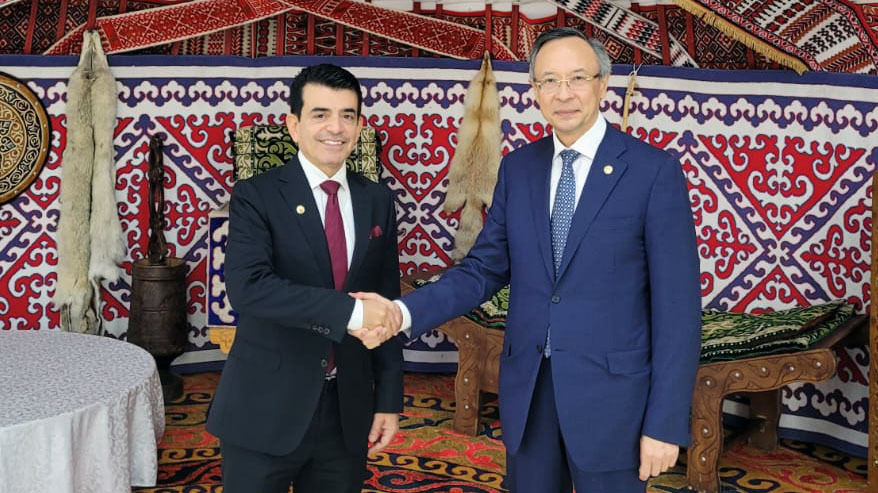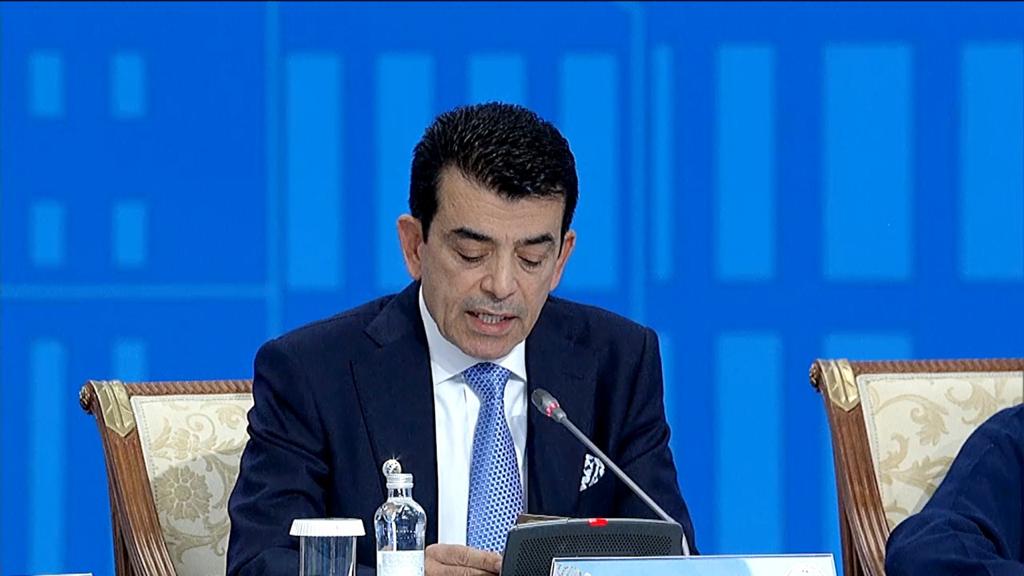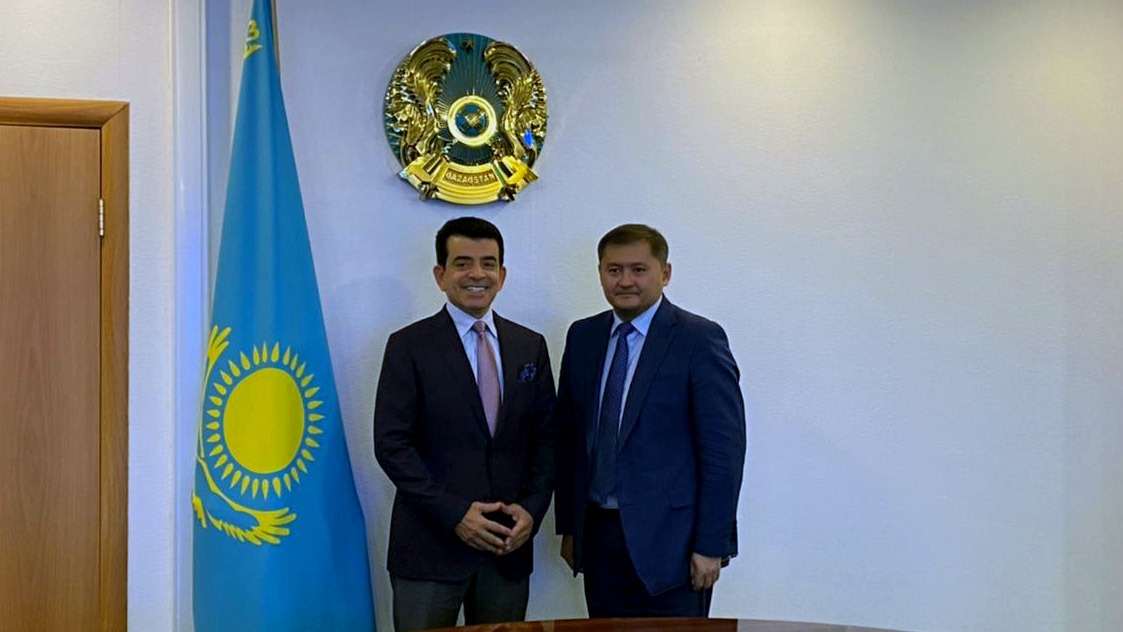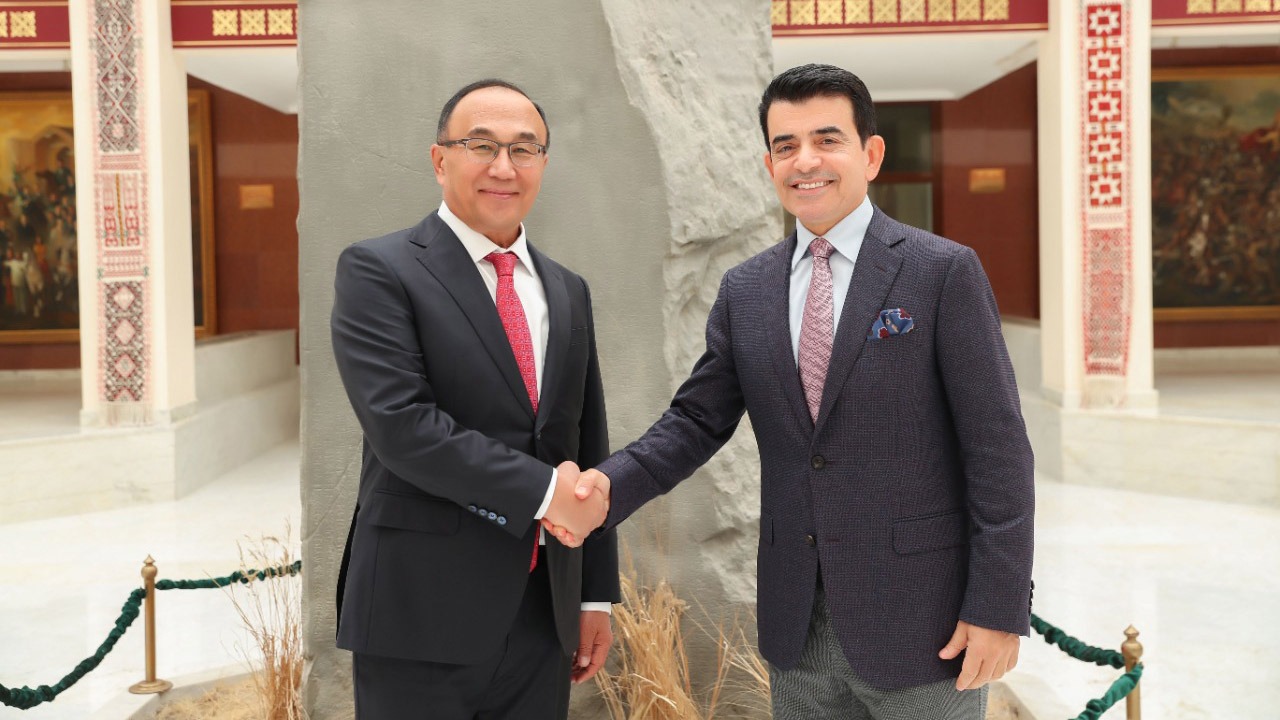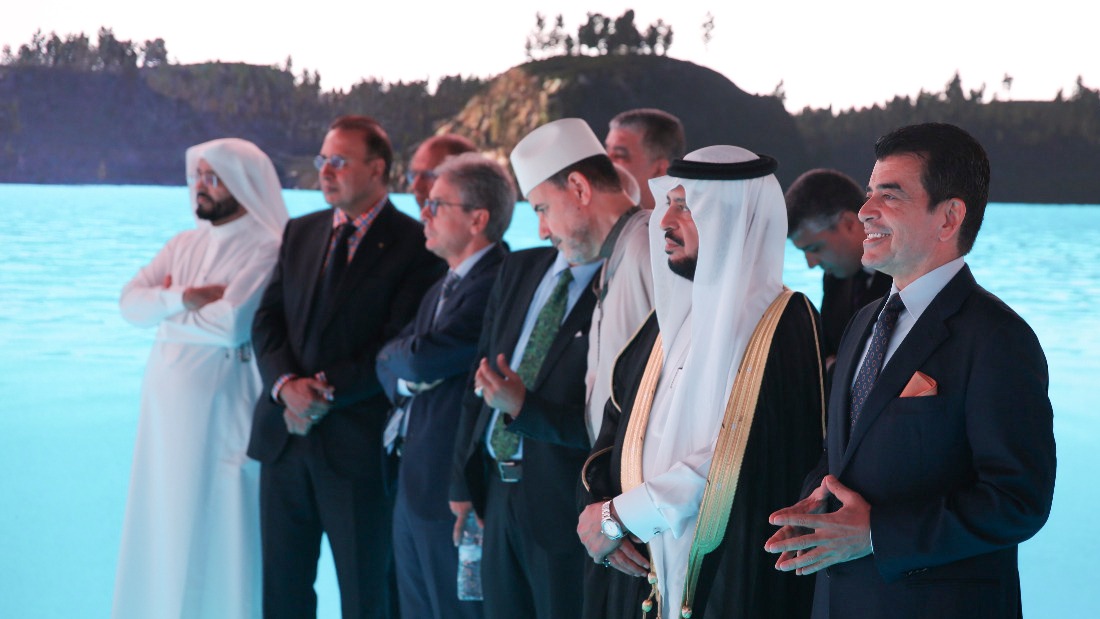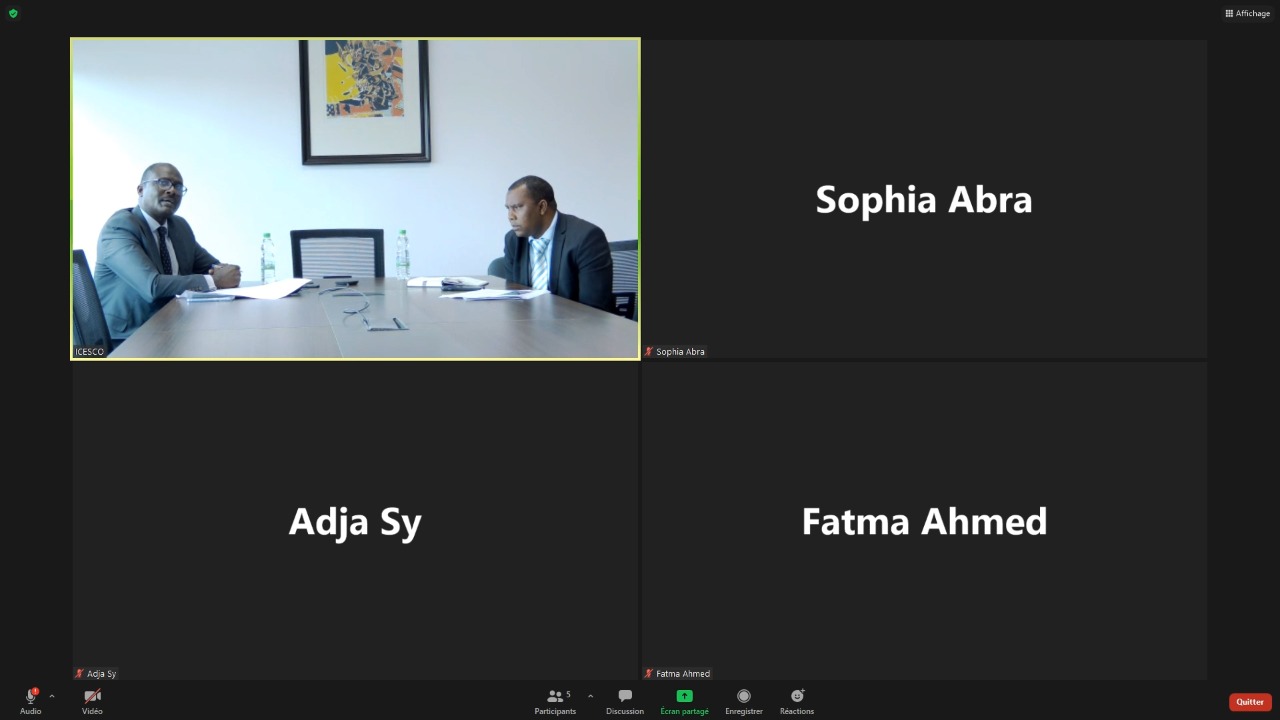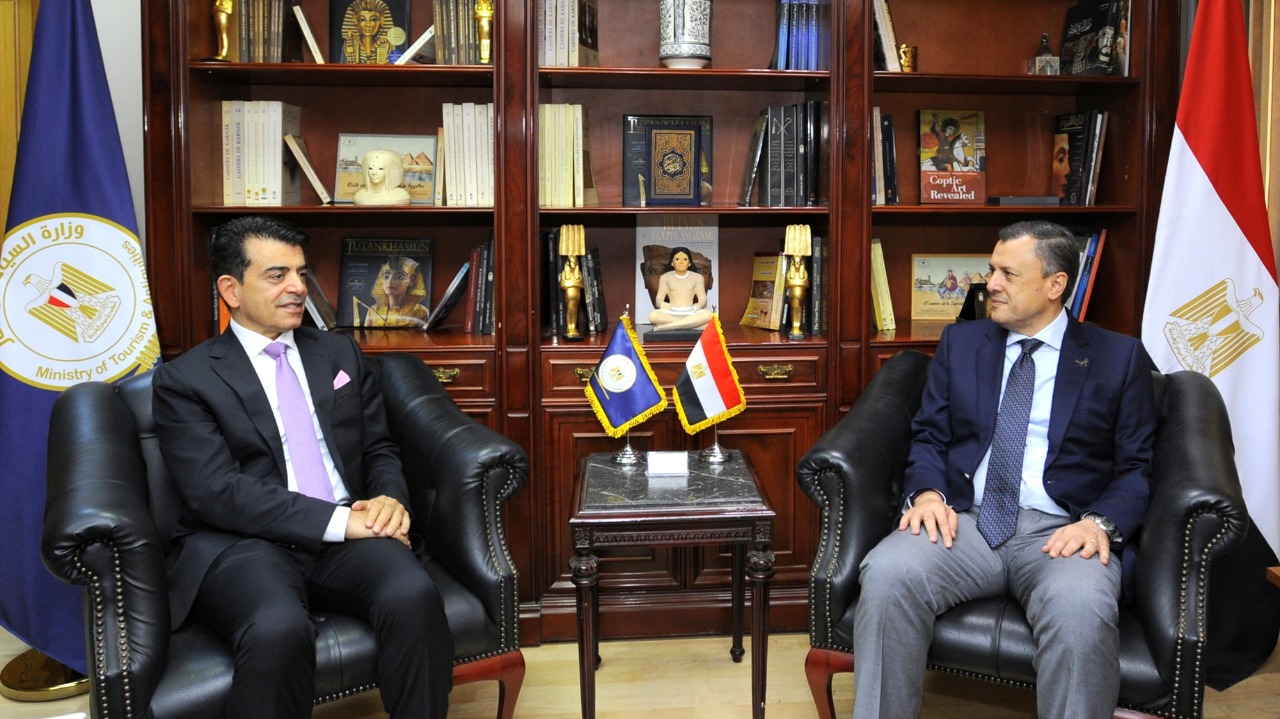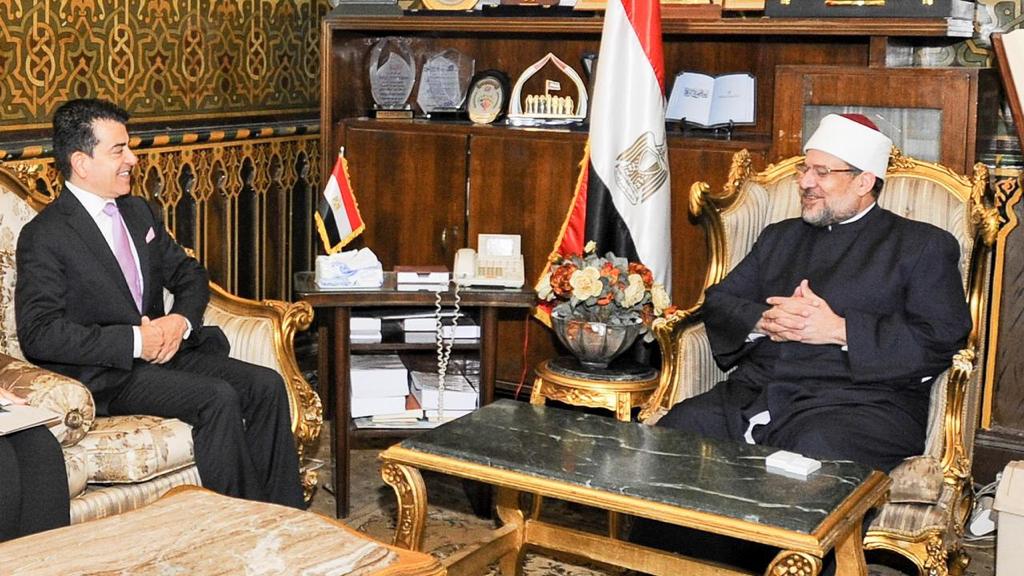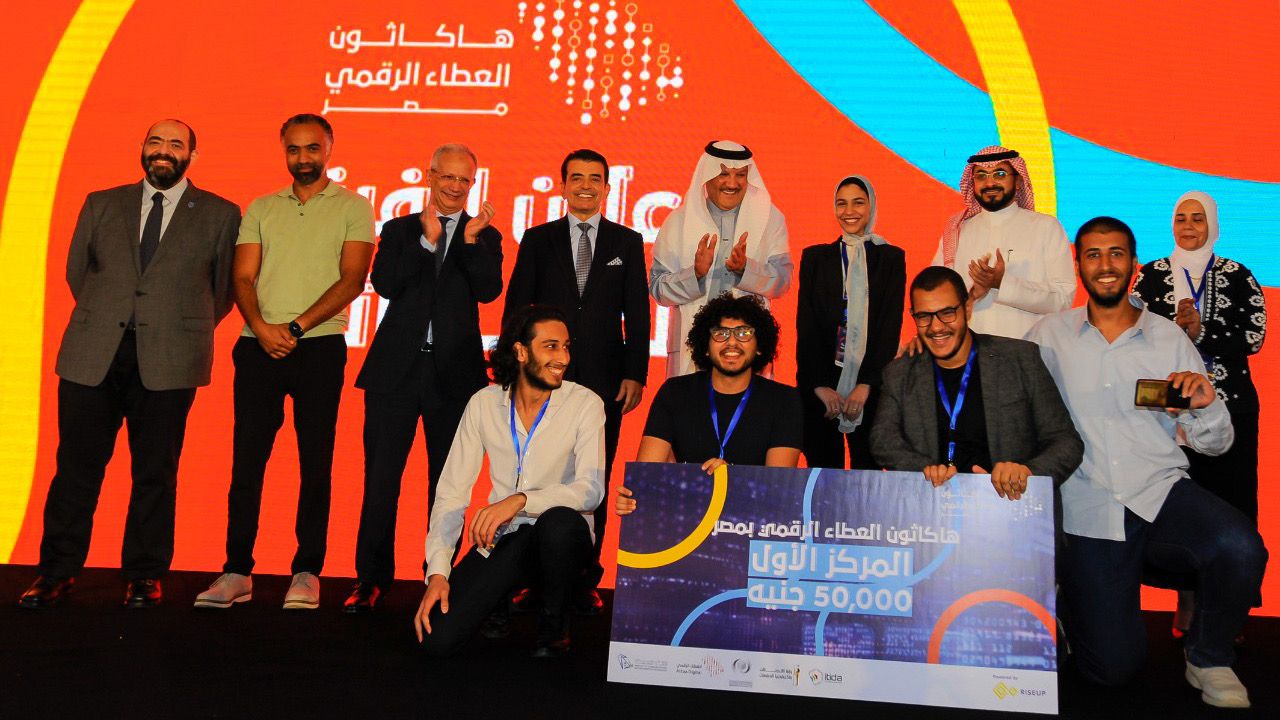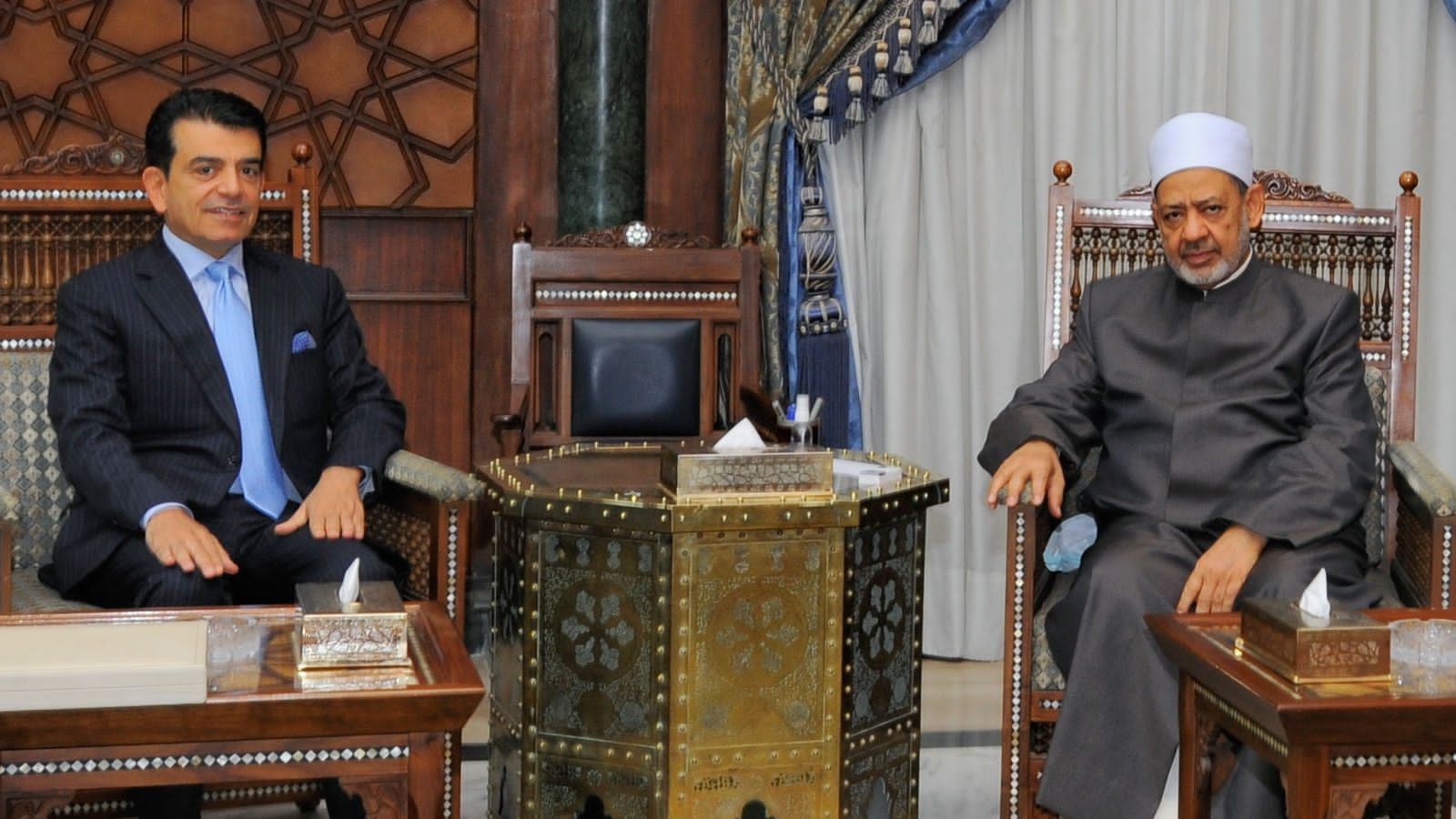Dr. Salim M. AlMalik, Director-General (DG) of the Islamic World Educational, Scientific and Cultural Organization (ICESCO), and Mr. Khairat Abdulrahmanov, High Commissioner for National Minorities at the Organization for Security and Cooperation in Europe (OSCE) discussed prospects for cooperation between the two Organizations in the areas of promoting civilizational dialogue, consolidating the values of peace and coexistence, building capacity of youth and women and contributing to the consolidation of relations between peoples and societies around the world.
The meeting, which took place on Thursday, September 15, 2022, in the city of Nur-Sultan, comes as part of the visit of the ICESCO DG to the Republic of Kazakhstan to participate in the activities of the 7th Congress of Leaders of World and Traditional Religions.
During the meeting, Dr. AlMalik reviewed ICESCO’s vision and strategic orientations and the Organization’s ongoing key programmes and activities, in cooperation with its Member States, in its fields of action. Mr. Abdurahmanov, in his turn, reviewed OSCE’s action areas and its objectives.
The two parties explored several areas of common interest between ICESCO and OSCE, as well as proposals for programmes and activities that the two Organizations could cooperate in implementing, mainly ICESCO Youth Leadership Training for Peace and Security Programme, and ICESCO’s Youth Training Programme on how to establish and develop small businesses in the field of technology. and innovation, which aims at supporting more than 150 start-ups in the field of innovation and technology in ICESCO Member States by 2025, in addition to cooperating in holding several conferences and seminars on issues that are consistent with the common priorities of the two Organizations.
At the close of the meeting, the two parties agreed to hold meetings at the level of experts between the two Organizations, to develop an implementation plan and mechanisms to build fruitful cooperation based on practical programmes and activities.

